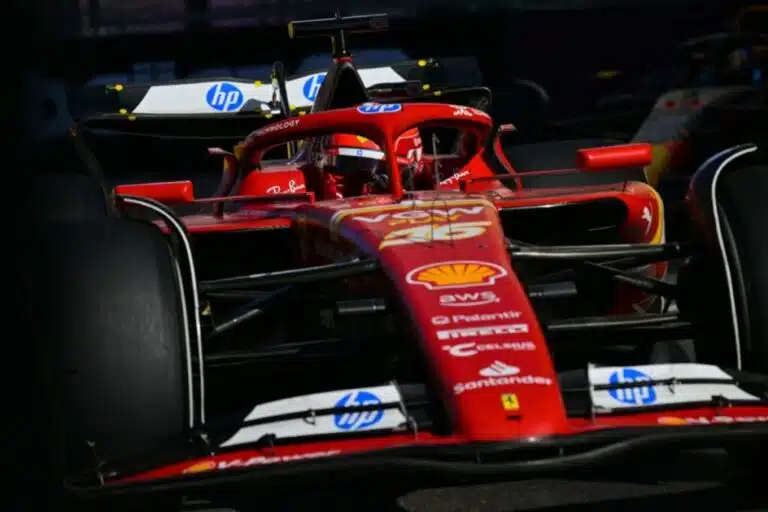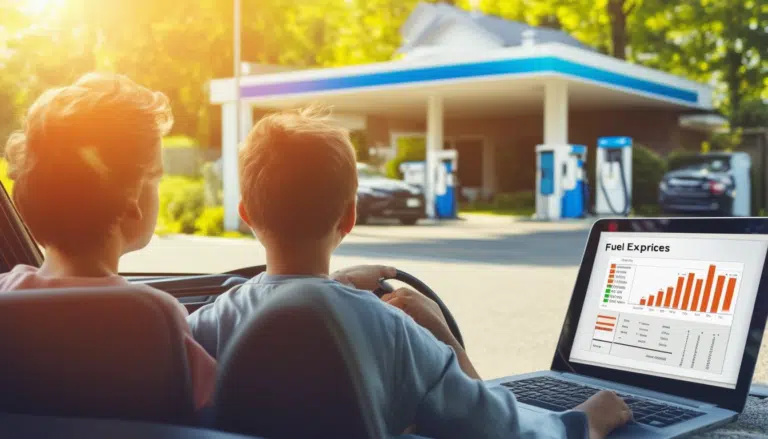Revising shopping habits to reduce fuel spending
In a context of constantly rising fuel prices, it is essential to review our purchasing habits to reduce fuel expenditure. The way we use our vehicles and how we do our shopping can have a significant impact on our economy. Adopting effective strategies not only contributes to monetary savings, but also supports a more sustainable lifestyle. Below are some practices that can help us optimize the use of our transportation and, consequently, spend less on gasoline.
In a world where fuel prices continue to rise, it is crucial to review and adjust our purchasing habits to achieve a significant reduction in gasoline expenses. Through more efficient driving and the implementation of conscious consumption strategies, it is possible to optimize vehicle use and improve our daily economy. Below are some effective practices that can transform the way we drive and help us save money.
Efficient driving: a necessary change
The way we drive has a direct impact on fuel consumption. Adopting an efficient driving style means driving at moderate speeds and avoiding sudden accelerations. For instance, on highways, it is advisable to maintain a constant speed and not exceed 80 km/h, as this can lead to a significant increase in gasoline consumption. Additionally, anticipating traffic signals and reducing speed gradually also contributes to more efficient fuel use.
Regular vehicle maintenance
The condition of the vehicle plays a crucial role in reducing fuel expenditure. Performing periodic maintenance ensures that the car operates optimally. This includes checks of the steering system, tire pressure, and regular oil changes. Properly inflated tires not only improve safety but can also reduce fuel consumption by up to 3%. Thus, proper maintenance not only extends the vehicle’s lifespan but also provides tangible savings on the gasoline bill.
The impact of purchasing decisions
Reviewing how products are acquired can also influence fuel expenditure. Opting for public transport or carpooling with colleagues and friends reduces the number of kilometers traveled per person. Proper planning of purchases and creating lists can limit unnecessary trips. Therefore, by combining shopping activities into a single trip, gasoline expenses can be minimized.
Using technology to optimize expenses
In today’s era, using apps that allow monitoring fuel consumption and associated expenses has become indispensable. Navigation tools help select more efficient routes, avoiding traffic jams and areas with high fuel prices. Moreover, many apps provide updated information about the most economical gas stations, making it easier to plan car consumption.
Changes in lifestyle
The way we live also significantly impacts fuel consumption. For example, practicing telecommuting can reduce the need for daily commutes, translating into decreased vehicle use. Additionally, incorporating habits like bulk buying or reducing unnecessary trips can make a considerable difference in total expenditure.
The future of sustainable mobility
Finally, considering sustainable transportation alternatives such as hybrid or electric vehicles can be a long-term investment to reduce fuel expenditure. These options are not only more environmentally friendly but also provide significant savings on gasoline consumption as we move towards cleaner and more efficient technologies.
Modifying consumption habits can play a crucial role in reducing fuel expenses. Every small decision we make when purchasing goods and services can influence the amount of fuel we use daily. Buying more consciously, prioritizing quality over quantity, and choosing local products not only provides economic benefits but also minimizes our carbon footprint.
Taking advantage of bulk buying or scheduling “shopping trips” can decrease the frequency of car travel, thus saving on fuel. By consolidating our purchases, we reduce the number of trips, which translates into lower gasoline consumption. This practice is not only more efficient but also helps slow down vehicle wear and tear.
The use of apps that optimize routes is another effective strategy to keep fuel costs under control. These tools allow drivers to plan their routes in ways that avoid traffic jams and make use of shorter paths. Therefore, it is possible to save time and, fundamentally, fuel.
Planning for fuel in the long term also involves evaluating the type of vehicle we use. Choosing more efficient vehicles or considering alternatives like public transit can translate into a significant change in initial expenses and long-term fuel consumption. This becomes an increasingly viable option in a scenario where gas prices are volatile.
Finally, adopting a sustainable lifestyle not only contributes to personal economy but also promotes a healthier environment. By reviewing our purchasing habits and making significant adjustments, not only is the use of fuel optimized, but a more responsible behavior towards the environment is also encouraged.



